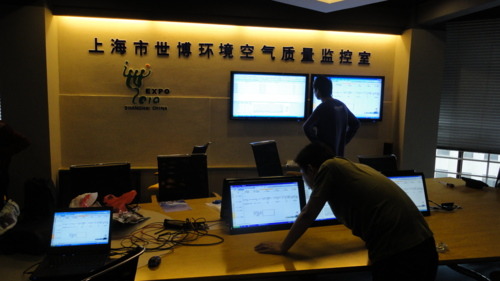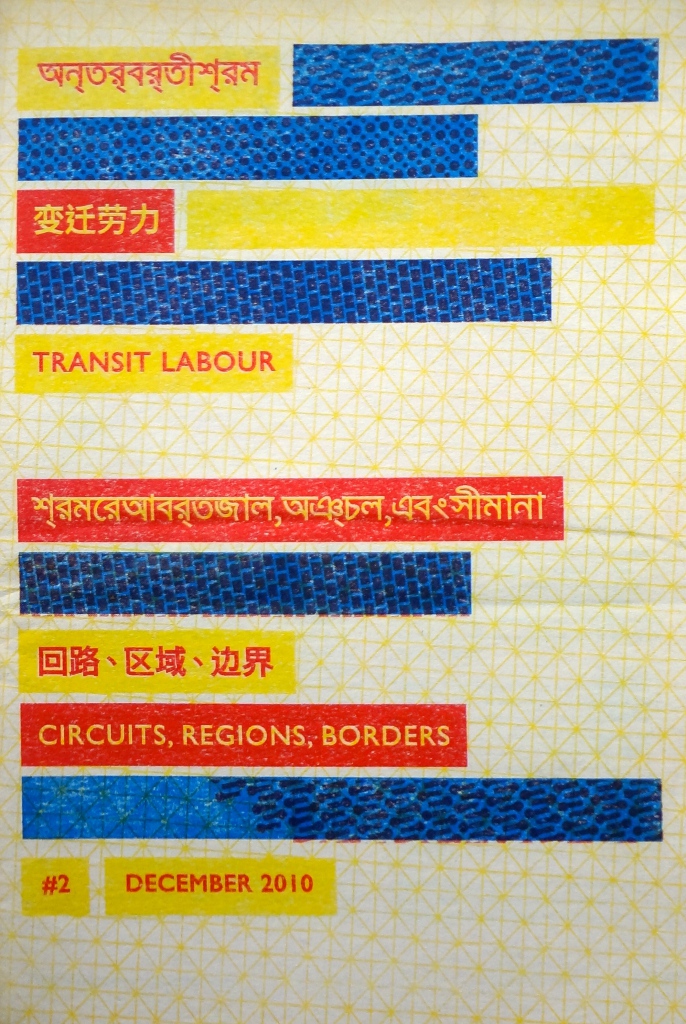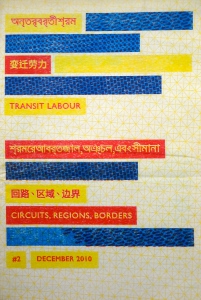Expo-urbanism and the rise of Eco-governance regimes
Mauricio Corbalan and Soenke Zoehle, in Craig Kernow, Brett Neilson, Ned Rossiter and Soenke Zehle (eds), Transit Labour, Transitlabour Digest #2, Sydney: Transitlabour, 2010.
http://scidok.sulb.uni-saarland.de/volltexte/2011/3528/pdf/23-25.transit_labour_digest2_web.pdf
When UNESCO admitted Shanghai to its Creative Cities Network (CCN) in 2010 as a City of Design, it emphasized ‘Shanghai’s clear vision on the significant role creative industries can play in urban development’. The acceptance of Shanghai’s Expo bid in 2000 has accelerated a process of urban renewal that attempts to turn China’s commercial and industrial hub into an exemplary green metropolis, combining creativity and sustainability. This process is visible across the city – from apartment highrises that replace and shield from view old, often dilapidated homes, and the establishment of one of the world’s largest metro systems to new green corridors and a ‘pedestrianization’ that facilitates urban walks despite the expansion of cross-city expressways. It has also become the core concept of the Expo itself. The 2010 Expo is not simply another case of urban renewal, but a restaging of the drama of sustainable urbanization as a tightly-monitored process under the biopolitical slogan ‘Better City, Better Life’… The notion of a shift from a discipline to control society does not fully comprehend what is at stake in such regimes, as even participatory media is used to selfregulate activity



